Acne is a boundary problem
After a decade of trying to fix my skin, I realized that acne was my body's way of telling me that something was wrong
I’m glad I had acne.
I struggled with it for 10 years, and it made me feel helpless. Monstrous. Unlovable.
But after a decade-long odyssey of trying to fix my acne, falling into holes and crawling back out, over and over again, I realized that acne was my body’s way of telling me that something was wrong.
After completely overhauling my lifestyle and diet, messing up countless times along the way, and ultimately redefining the way I related to myself and my body, I was finally able to clear my skin without medication.
To heal my skin boundary, I needed to set real boundaries.
The beginnings
High school was a war zone. I went to a competitive school, and there was immense pressure to do well. After school, I would cry/procrastinate until nighttime, begrudgingly start homework, finish at 3am, and wake up at 6:30am — rinse and repeat. Every test or quiz was like a battle or skirmish. I could fall asleep at any given moment.
At the same time, my Chinese immigrant parents had drilled into me that suffering was honorable. That in life, the very best were good at “chi ku,” or “eating bitterness.” Perhaps it was during this time that this implicit belief crystallized — that the worse I treated my body, the more I deserved to succeed.
Along these lines, I had also begun to severely diet. Hunger would tear through my stomach, and I would feel proud that I was resisting my body’s urge to eat.
During this time, my acne started to rear its head (I got my first period at 9, so this was adult, post-puberty acne). It started off with a cyst on the side of my nose. Then, another little guy would pop up in the middle of my forehead from time to time.
At first, I didn’t mind.
But then it kept happening.
And it wouldn’t stop.
Futility arises
Over the years, I tried Retin-A, Epiduo, Curology, antibiotics/doxycycline, birth control, clindamycin, adapalene, benzoyl peroxide, salicylic acid, AHAs, BHA, spot treatments, countless cleansers and serums and exfoliants, clay masks, tea tree oil, mineral oil, tamanu oil, diaper rash cream, lemon juice, toothpaste…
Nothing worked.
In fact, if you had asked me to choose between a million dollars and clear skin, I would have chosen clear skin because I genuinely believed that nothing could cure my acne.
Meanwhile, as I cycled through a revolving door of these “cures,” college was a repeat of high school — eating disorder, pushing for achievement, lack of sleep, and persistent acne.
With nothing working, I came to the sorrowful and sobering acceptance that maybe I’d always have acne.
But little by little, I started to discover things that I could control.
So I can just throw money at this, right?
Post-college, armed with disposable income, I marched into an esthetician’s office, determined to eradicate my acne once and for all. I left with an armful of products, directions to throw away all my makeup/shampoos/etc, and a biweekly appointment for extraction facials where I’d wince in pain as she’d use sharp tools to dig the pus out of my face.
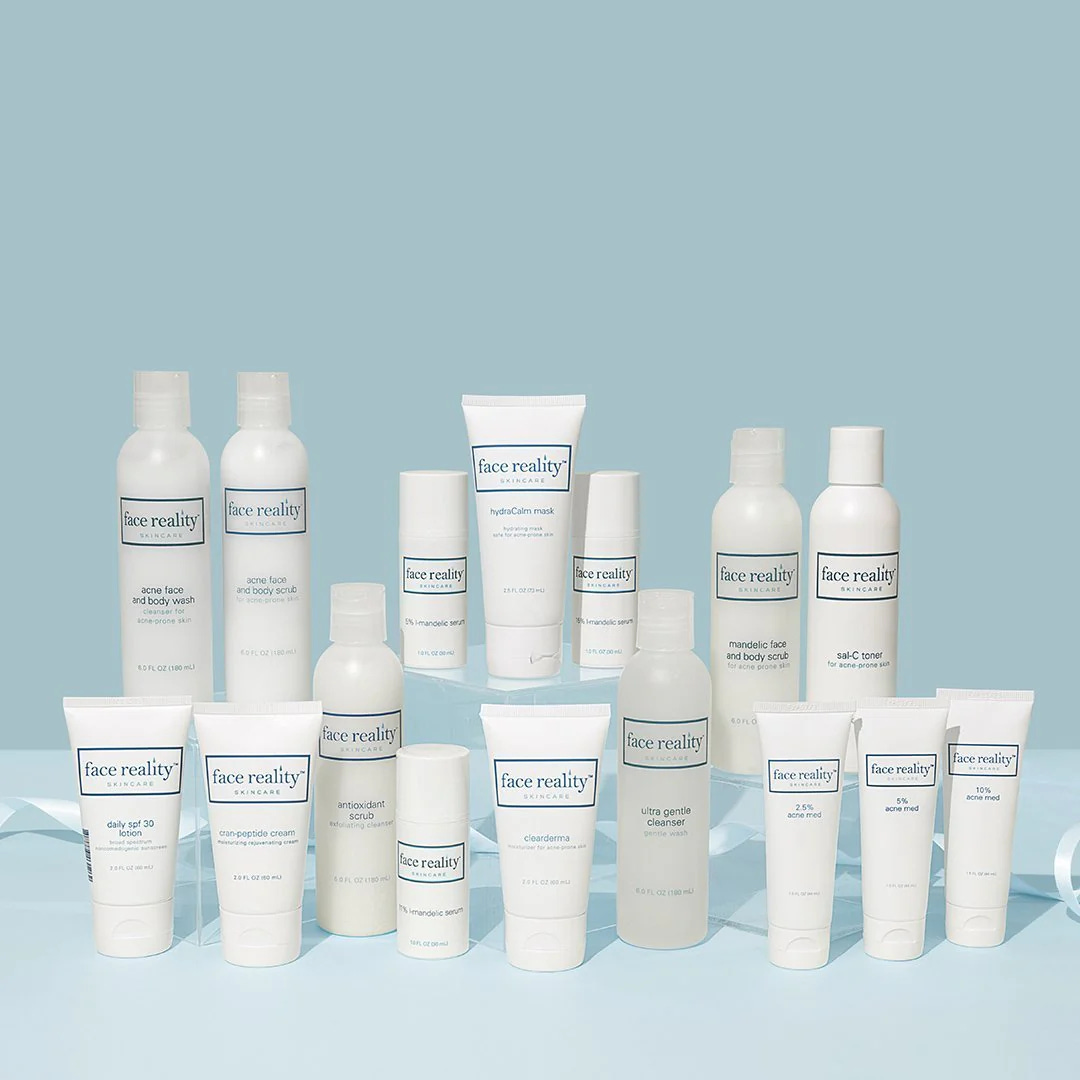
During this time, I reluctantly started to notice that certain foods would break me out. For example, dairy (mindlessly digging ice cream in front of the TV) and sweets (binging on a Costco-sized bag of cookies). I started making small substitutions — cutting back on sweets, taking stevia instead of sugar in my coffee, going for almond milk, etc.
Meanwhile, the expensive products and painful extractions weren’t working. Frustratingly, the acne would just pop up again.
At this point, I still didn’t fully believe that food could impact acne (I was still getting some). If the link between food and acne was so clear, why wasn’t it more readily accepted by society, more codified by the medical establishment? Where were the studies? I’d even scoff at people’s suggestions to go gluten free for acne — that seemed like it was only for middle aged white women named Karen who want to talk to the manager.
If the link between food and acne was so clear, why wasn’t it more readily accepted by society, more codified by the medical establishment?
Moreover, it was much easier to control what I ate when I was alone. But when I was with other people, I didn’t want to be “that person.” So when I was with other people, I was much more likely to succumb to whatever the group was eating.
And that was about to be my downfall.
The trip that made me ragequit sugar and dairy
I went on a trip to visit a college friend in LA.
The night I arrived at her place, she had baked cookies for me, remembering that I liked sweets in college, and not realizing that I had shifted my diet. As she proudly offered the cookies to me, I had a sinking feeling. I didn’t want to be rude and put her hard work to waste. I didn’t want to disappoint her.
So I ate them.
Throughout the trip, I continued again and again to accept food that I didn’t want to eat.
The apex was a trip to Salt and Straw. We went through the line, sampled a bunch of flavors, and at the last minute, she and her boyfriend decided not to get anything. I felt betrayed, standing there with my heavy cupful of cake batter chocolate fudge that I hadn’t even wanted. Furiously, I thought to myself, were they just using me to get free samples? I was yet to learn that that feeling of betrayal was actually me betraying myself.
I was yet to learn that that feeling of betrayal was actually me betraying myself.
During and after this trip, I had the worst breakout of my life. Patches of cysts all over my cheeks and down the side of my face. Pimples with 4-5 heads, which I didn’t even know was possible. A huge nodule, in the dead center of my forehead, as if broadcasting to the world: Hey everyone, this girl has acne.
It was dark days. I was ashamed, like my acne was somehow a signal to my friends that I didn’t have my life together post-graduation. The hyperpigmentation would take forever to fade away (up to a year). I had a long road ahead of me, and I felt like I was at the bottom of the ocean.
If I needed proof, here it was. What I was consuming was definitely, without a doubt, contributing to my acne flare-ups.
In my desperation, I considered going on trying Accutane, which I had previously avoided because of its harsh side-effects. But something held me back.
Prior to this, my diet changes had been helping, and I felt like I had been onto something. So I made a resolution to myself:
“I’m going to quit added sugars and dairy for a year. And if that doesn’t work, I’ll give up and go on Accutane.”
What the func(tional medicine)?
I finally went cold turkey on added sugars and dairy.
(After a breaking out heavily after a drunken music festival romp and noticing that I’d get a pimple or two after drinking too much coffee, I quit alcohol and caffeine, too.)
I also ditched the old esthetician and found an even more expensive one. I stumbled into her office expecting to be offered more products and procedures. But I was wrong — I had walked into something else entirely.
It turns out that she wasn’t just an esthetician, she was a functional medicine practitioner.
Her approach was more holistic, taking into account factors like nutrition, lifestyle, and biometric signals. Essentially, she’d be healing my body from the inside out.
OK, to be honest, I was skeptical at this point. But I had no other options, so I decided to give it the ol’ college try.
To start off, she had to understand “the orchestra of my body,” as she put it. So in addition to sharing my lifestyle and medical history, I also did a blood test, urine test, breath test, and stool test.
I learned:
I was gluten intolerant. (This was the unlock! It explained why I was still breaking out, especially when I went home, where my mom would constantly make fresh-baked bread.)
My cortisol levels were extremely high. (I was also heavily anemic - “Poor girl, running on cortisol,” she lamented.)
I had a hormonal imbalance (estrogen dominant).
As a result:
I went gluten-free.
I learned about the gut-skin axis, and realized that years of having an eating disorder had wrecked my gut. I started eating protein with every meal, eating MORE, and getting treated for SIBO.
Counterintuitively, I cut back on high impact exercise (at this point, I was running every day) and switched to yoga/pilates/walking to lower cortisol.
I started taking supplements to balance out nutrient deficiencies and hormones.
The changes were overwhelming and challenging to implement. What’s worse was that people in my life were judgy about it. (Concerned acquaintances would gingerly ask, “have you tried a real dermatologist?”)
But as I incorporated the changes over the next 6 months, I actually (surprisingly!) started to improve.
Gradually, my skin was starting to clear up. I was feeling better, too — my stomach was no longer constantly rumbly, which I didn’t even know was possible, and I had more energy. And after a while, I finally had no active breakouts, and my hyperpigmentation was starting to fade. I was starting to get my confidence back.
I felt like I had finally found a solution to my problem.
But then I started a new job.
Re-re-re-relapse!
This new org had high standards, and I had impostor syndrome. I was high school/college “me” again, that girl stuck in survival mode. I put my entire soul into not messing up, all to the service of one thought:
I hope they don’t fire me.
The anxiety made me physically sick and weak. When I woke up, a livewire would be running through my heart. My arms would feel weak and sapped of energy. And if I tried to sleep more, I would feel weaker and weaker each time I woke up. More than just ordinary “stress,” it felt like my body had ratcheted into a completely different state bordering on mania.
Feeling pressured to connect with my new coworkers during a holiday party, I broke my one-year sobriety and drank. (In my mind, I rationalized it as “testing if I was still sensitive.”)
In the next couple of months, my acne came back. Angry patches, pimples with multiple heads, in the same places as before. It felt like I was back in the abyss at the bottom of the Mariana Trench.
I didn’t understand why it was happening. I was sticking to gluten free, dairy free, sugar free. I had adhered to the strict supplement schedule and made disruptive lifestyle changes. I had worked so hard and sacrificed so much. The only thing I went off-track with was the alcohol, but that was just one night, and shouldn’t have caused such a deep breakout.
I felt like everything I had worked so hard for had tumbled down in front of me.
In my bones, I knew that it was the stress of the new job coupled with the trigger of alcohol at the holiday party that had caused my relapse.
And if stress could simply undo everything, none of the diet or lifestyle changes that I had worked so hard for would matter.
While I had previously written off stress as an uncontrollable factor (ambient, caused by externalities), if I wanted to get better, I needed to find a way to manage it.
Oh, so that’s what boundaries are
At the recommendation of my functional medicine practitioner, I started somatic therapy, which focuses on not just thoughts, but sensations in the body.
I walked into my first appointment with my new therapist, thinking she would teach me some breathing exercises that would lower my cortisol, which would fix my acne. (At this point, my understanding of this type of therapy was like the “??? → Profit” meme.)
Instead, she focused on things that were seemingly pointless.
One time, during a telehealth appointment, she asked, “Do you feel comfortable where you’re sitting?”
I mean, no, I thought, hunched over my laptop in my bed, but let’s keep the conversation moving.
I spent the next 10 minutes walking around my apartment, trying different locations, adjusting my sitting position and laptop placement. Once I finally landed somewhere comfortable, I realized —
Oh. This is better.
Sitting in an upright posture, back to something solid, with my laptop at eye level, I felt less small, more in my power.
Through many interactions like this, she illustrated to me that I often did not realize that my body was not comfortable in its own space, not even while at rest. What’s more, these interactions introduced the radical idea that it was important for my body to even be comfortable.
I started to recognize situations where I was not even acknowledging my own discomfort with what was happening.
For example, I once showed up to a session in a general state of distress. Halfway through, I realized I was actually stressed because I had signed up for a film competition that I didn’t have the energy for. I hadn’t admitted to myself that I didn’t want to go because I had already committed to it and felt like I couldn’t back out.
Gradually, I started to get better at identifying my discomfort and avoiding situations that would wear me down, physically and spiritually. I started to treat myself as a solid, rather than a liquid that would take on the shape of whatever crevice it was poured into.
During this time, I also discovered the work of Clarissa Pinkola Estés, author of Women who Run with the Wolves. Slowly, I began to internalize what she put best:
“To be ourselves causes us to be exiled by many others, and yet to comply with what others want causes us to be exiled from ourselves.”
In conclusion
10 years from the start of this story, I’m clear and stable. It’s been a decade-long process of personal, psychological, and spiritual growth.
Not to say I’m completely “cured.” But when acne does come up, I see it as a call to take care of myself as hard as I possibly can. To evaluate where my boundaries might be being crossed. To reach deep down into my body to understand what it needs.
I realize now that acne isn’t an enemy to be conquered. It’s simply a messenger, bearing a message to focus on myself.
My acne was directly correlated to my abandonment of myself — punishing myself physically and emotionally, not expressing my preferences, and contorting myself to other peoples’ expectations.
If I hadn’t gotten acne, I have no idea how I would have figured out how to listen to my body.
Because acne is a boundary problem — it is an inflammation of the skin boundary, but is also the result of a profound erosion of personal boundaries.
If I could say anything to my past self, I don’t think I would have actually listened. Because if I told my past self to quit dairy, sugar, gluten, caffeine, and alcohol, to go see a functional medicine practitioner, and to try to have boundaries, I would have been like, “shut the fuck up.” I had to live it to learn it.
But assuming she would listen, here’s what I would say:
There are things that are in your control. It can get better.
Go see a functional medicine practitioner. Quit sugar, dairy, gluten, alcohol, and caffeine. Eat protein with each meal.
And now for the hard part: Work with your body, not against it. Stop attacking your own mind. When you feel a twinge of injustice arising, that’s often a need coming to the surface. Prioritize your own needs, even if it means disappointing other people — especially if it means disappointing other people.
You’re doing a great job, even on days when it feels like you aren’t. You’ll stumble along the way, but I know you’ll pull through.
I’m rooting for you.
— Michelle


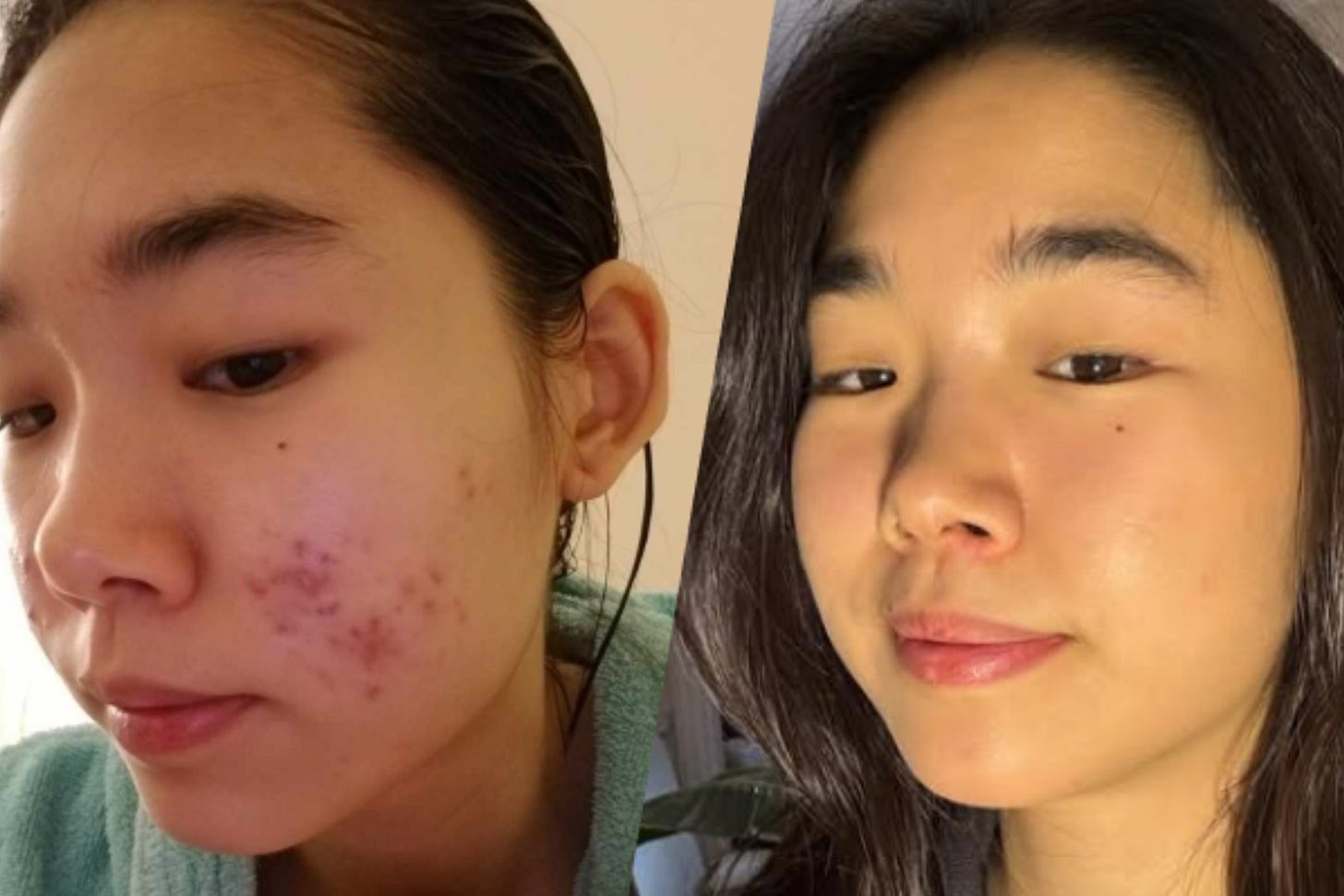
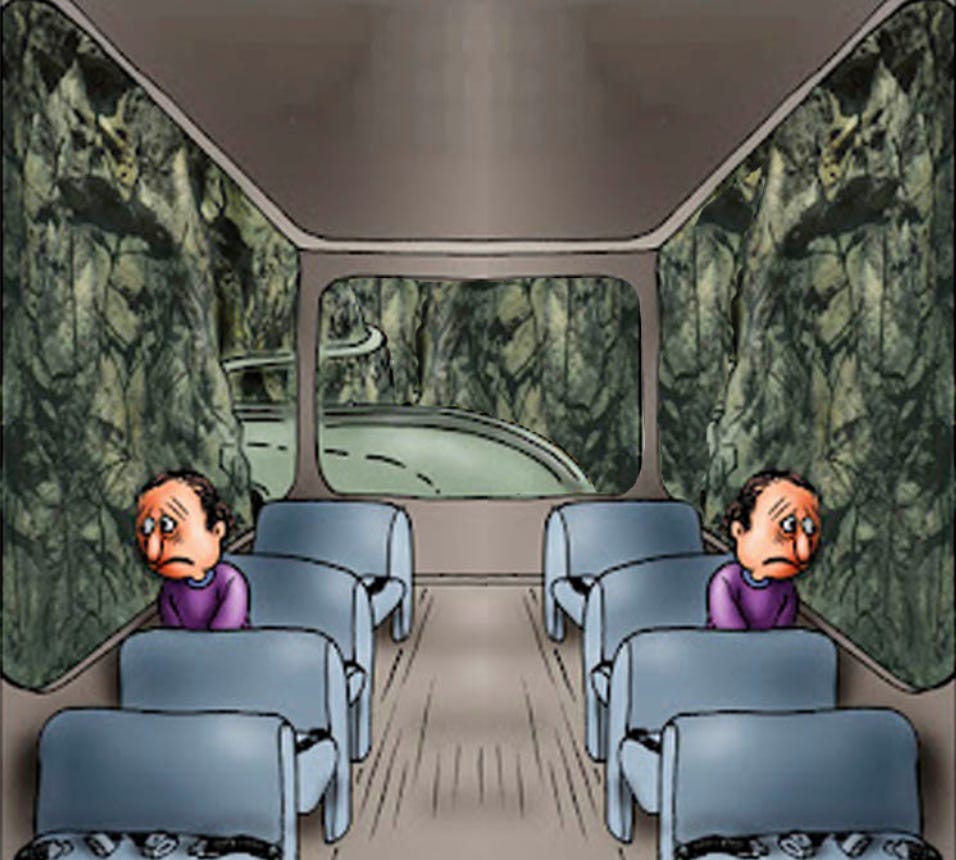
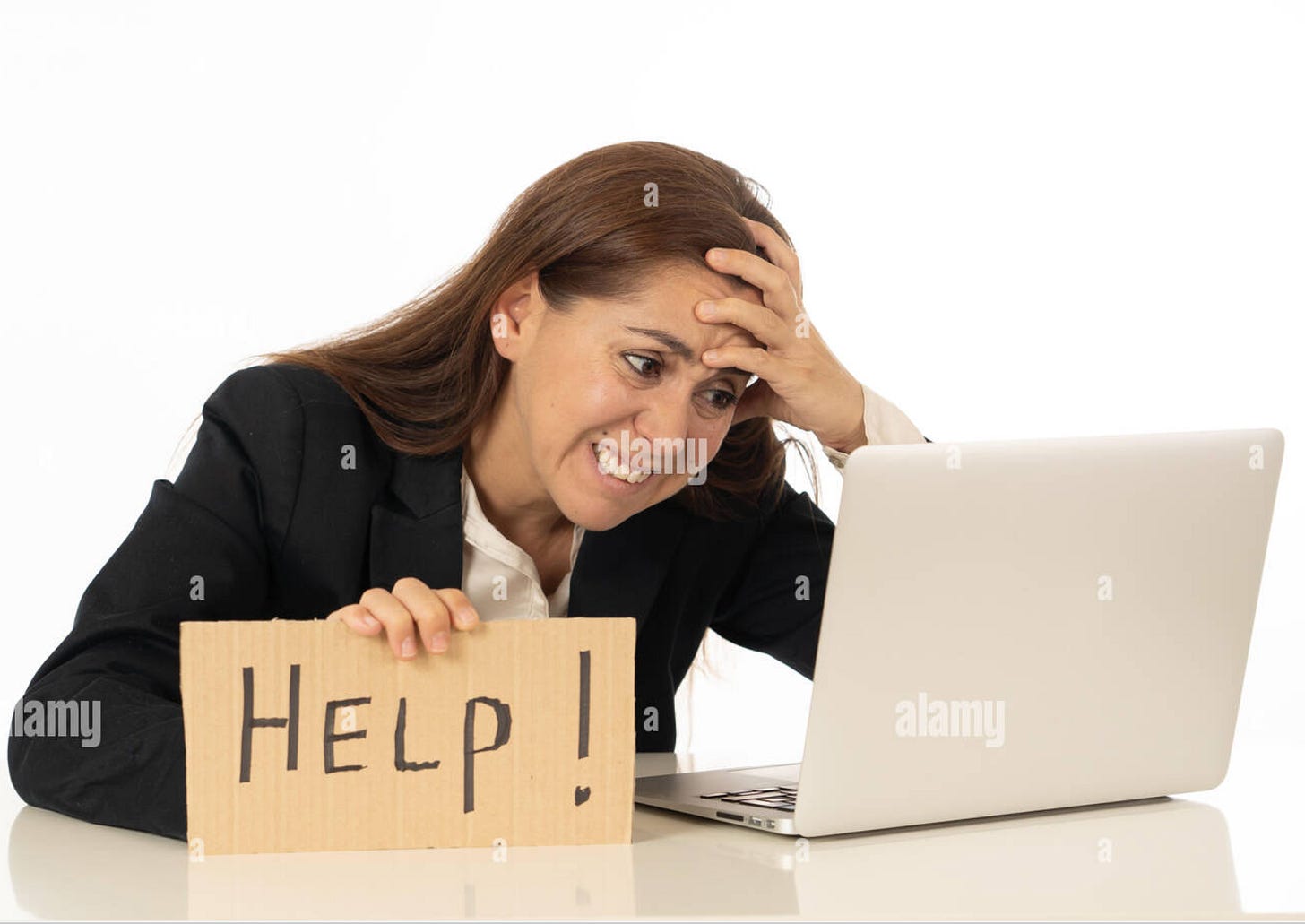
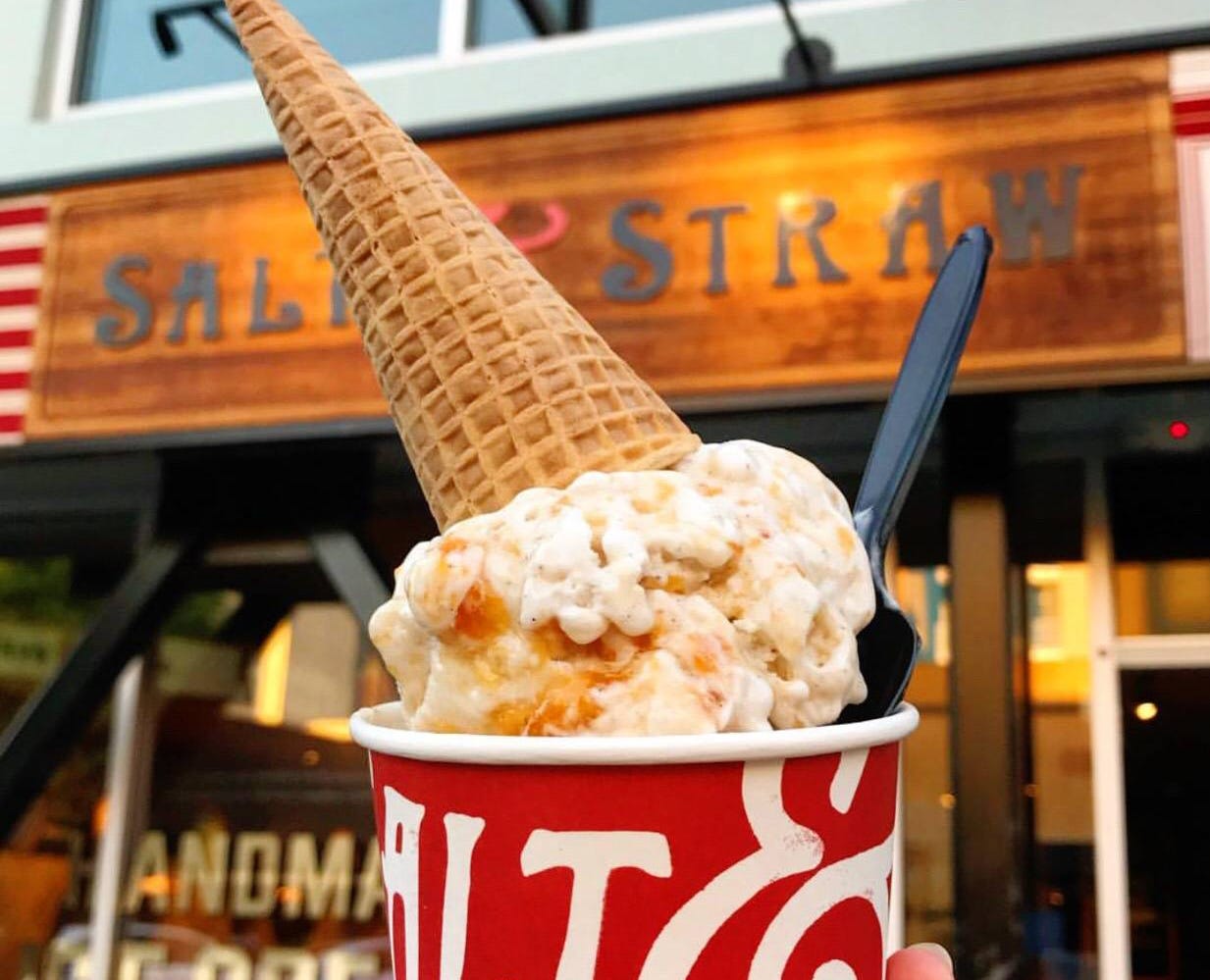
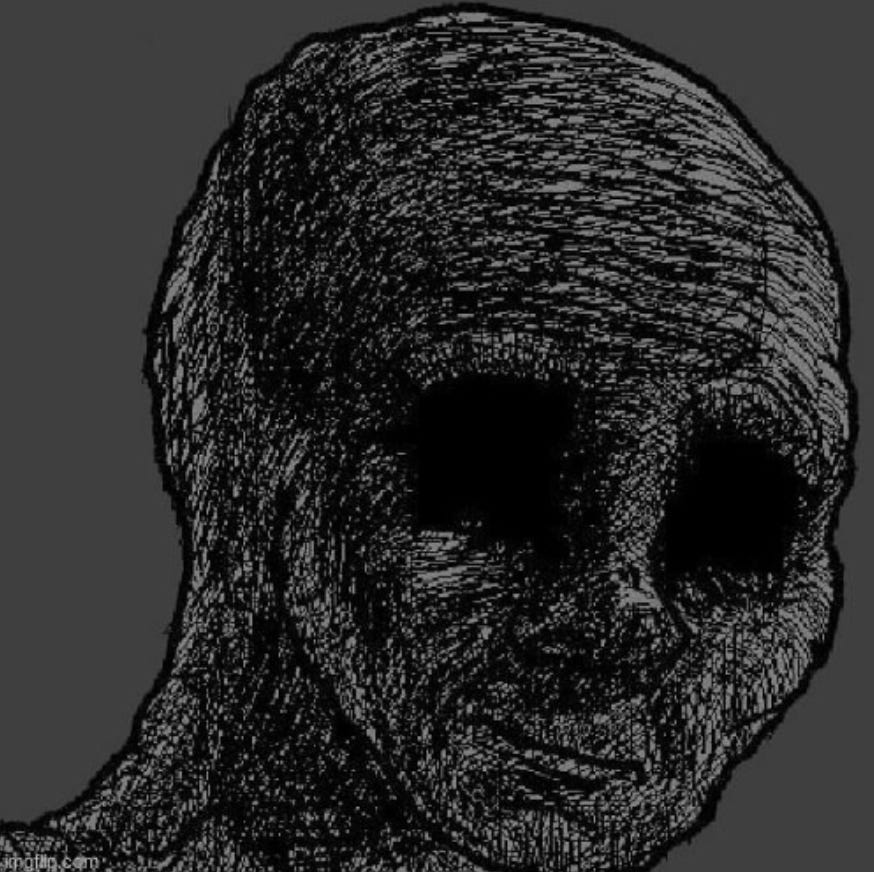
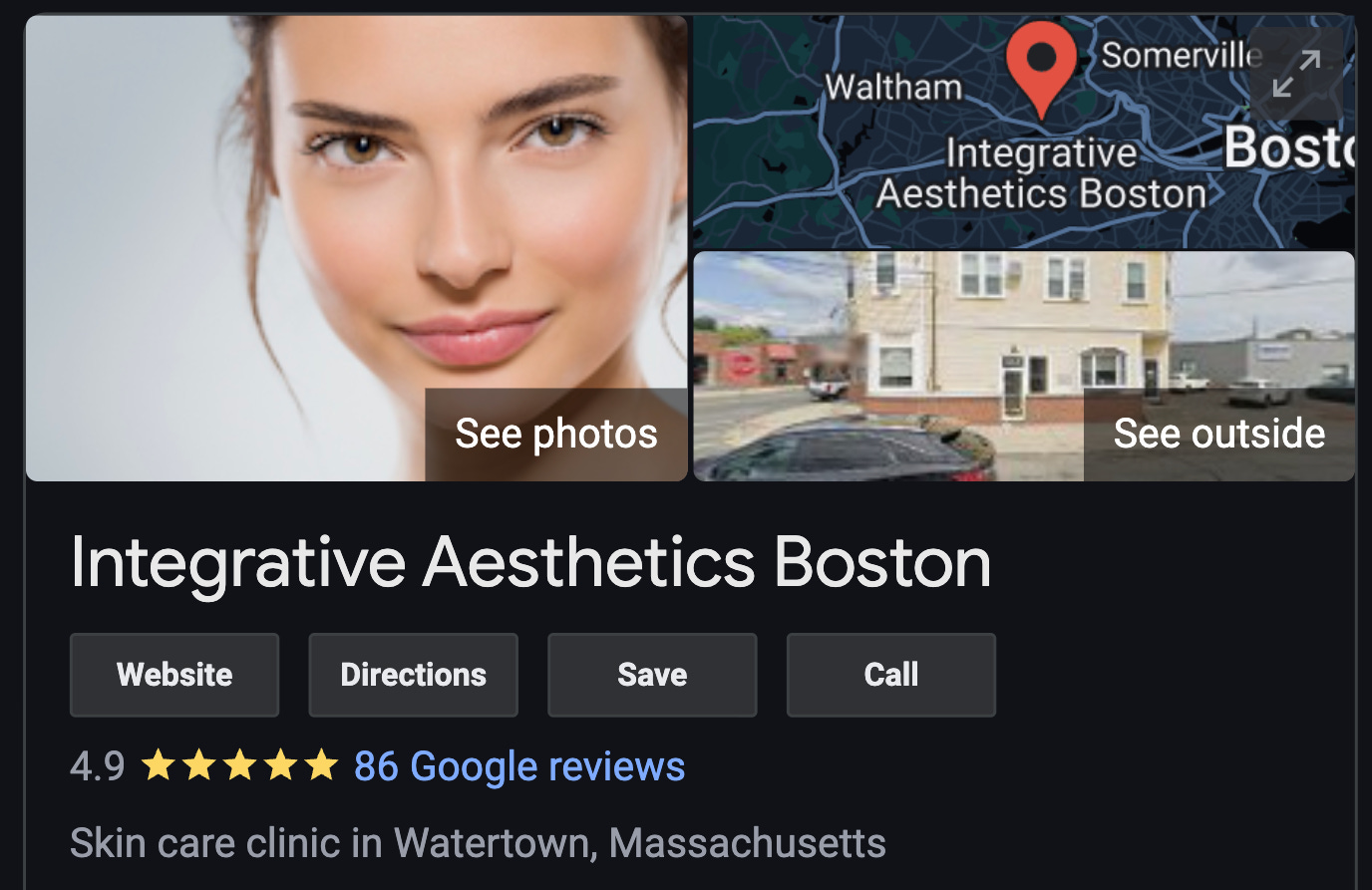
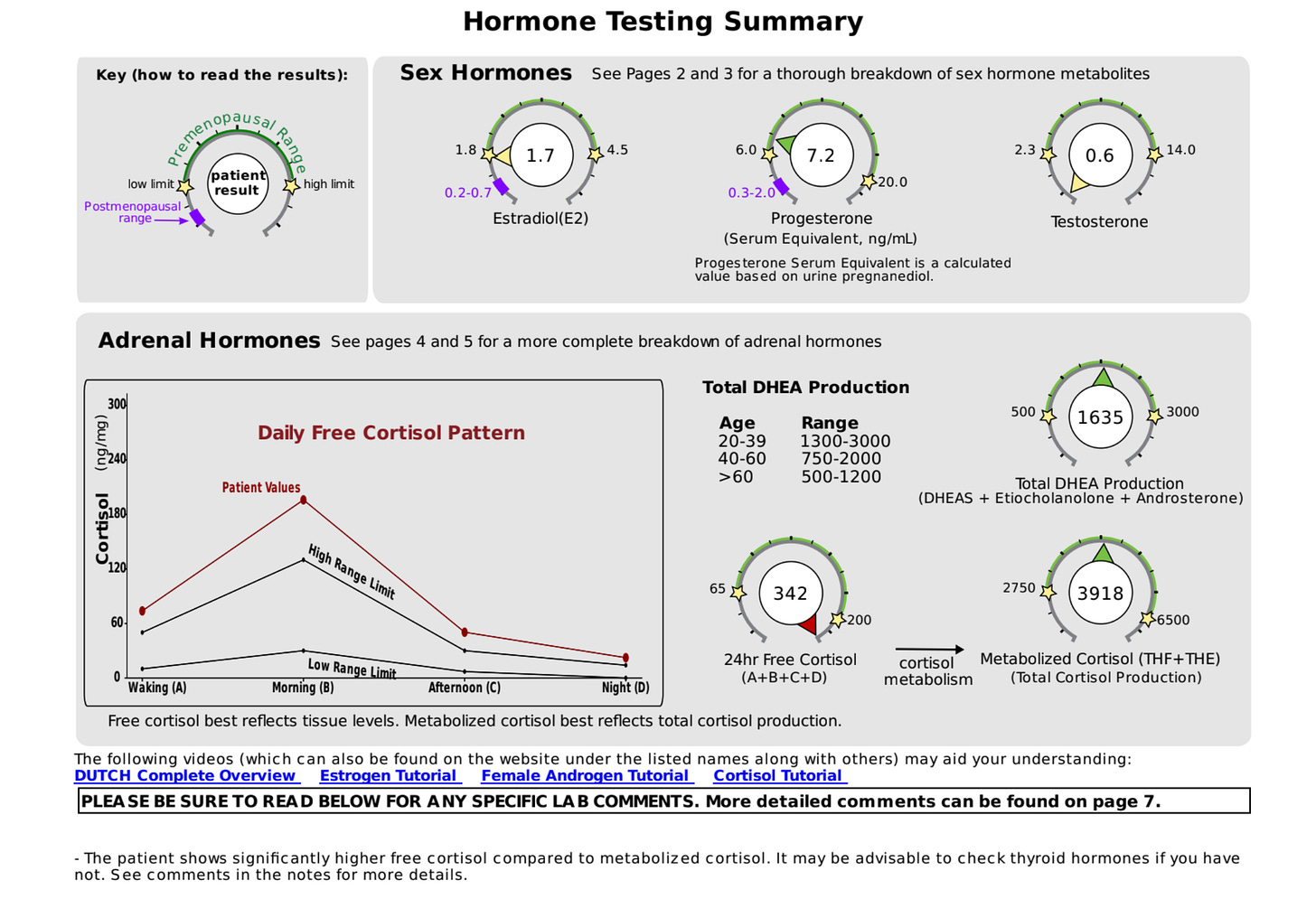

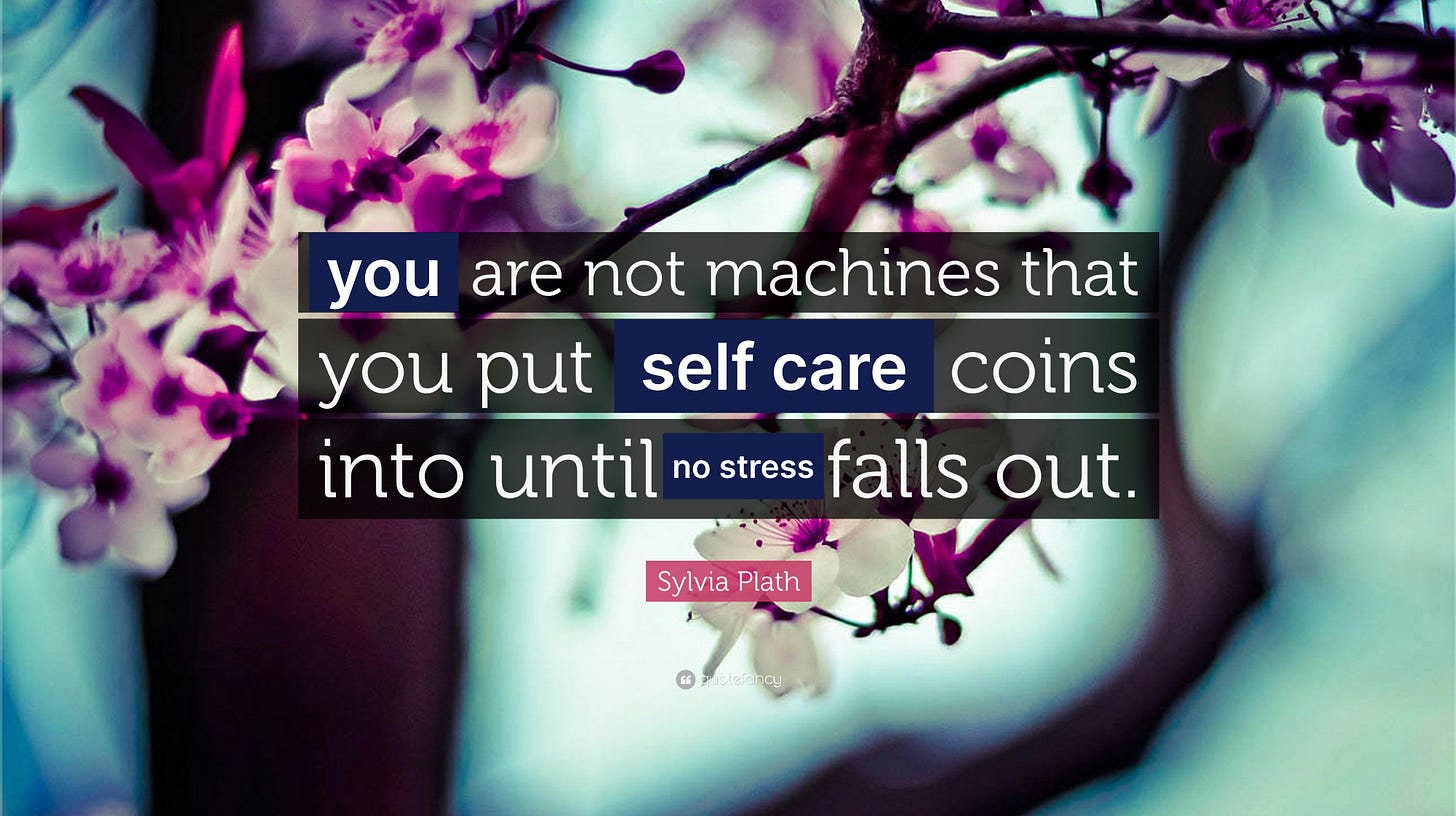
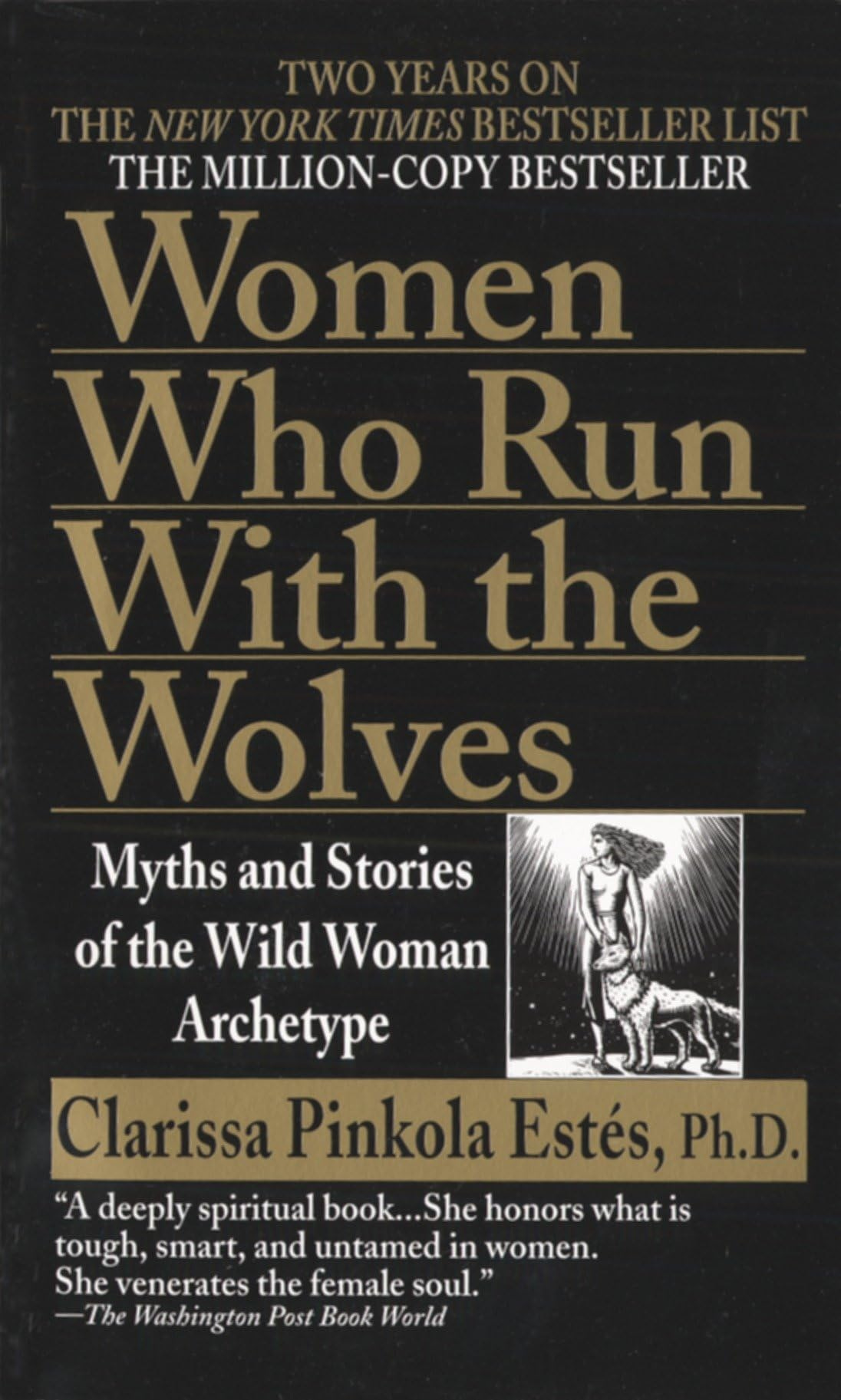
You did such an incredible job with the final piece! I'm inspired and feel less alone, I share a lot of your experience. Your skin looks amazing 😍
...such a wonderfully shared journey...congratulations on discovering your boundaries and holding them!...